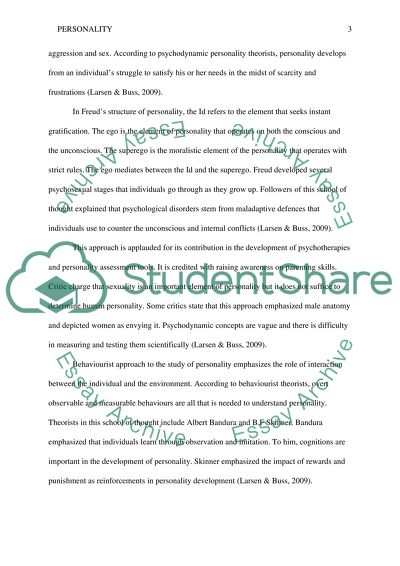Cite this document
(“Introduction to Personality Paper Essay Example | Topics and Well Written Essays - 1000 words”, n.d.)
Retrieved from https://studentshare.org/psychology/1635462-introduction-to-personality-paper
Retrieved from https://studentshare.org/psychology/1635462-introduction-to-personality-paper
(Introduction to Personality Paper Essay Example | Topics and Well Written Essays - 1000 Words)
https://studentshare.org/psychology/1635462-introduction-to-personality-paper.
https://studentshare.org/psychology/1635462-introduction-to-personality-paper.
“Introduction to Personality Paper Essay Example | Topics and Well Written Essays - 1000 Words”, n.d. https://studentshare.org/psychology/1635462-introduction-to-personality-paper.


